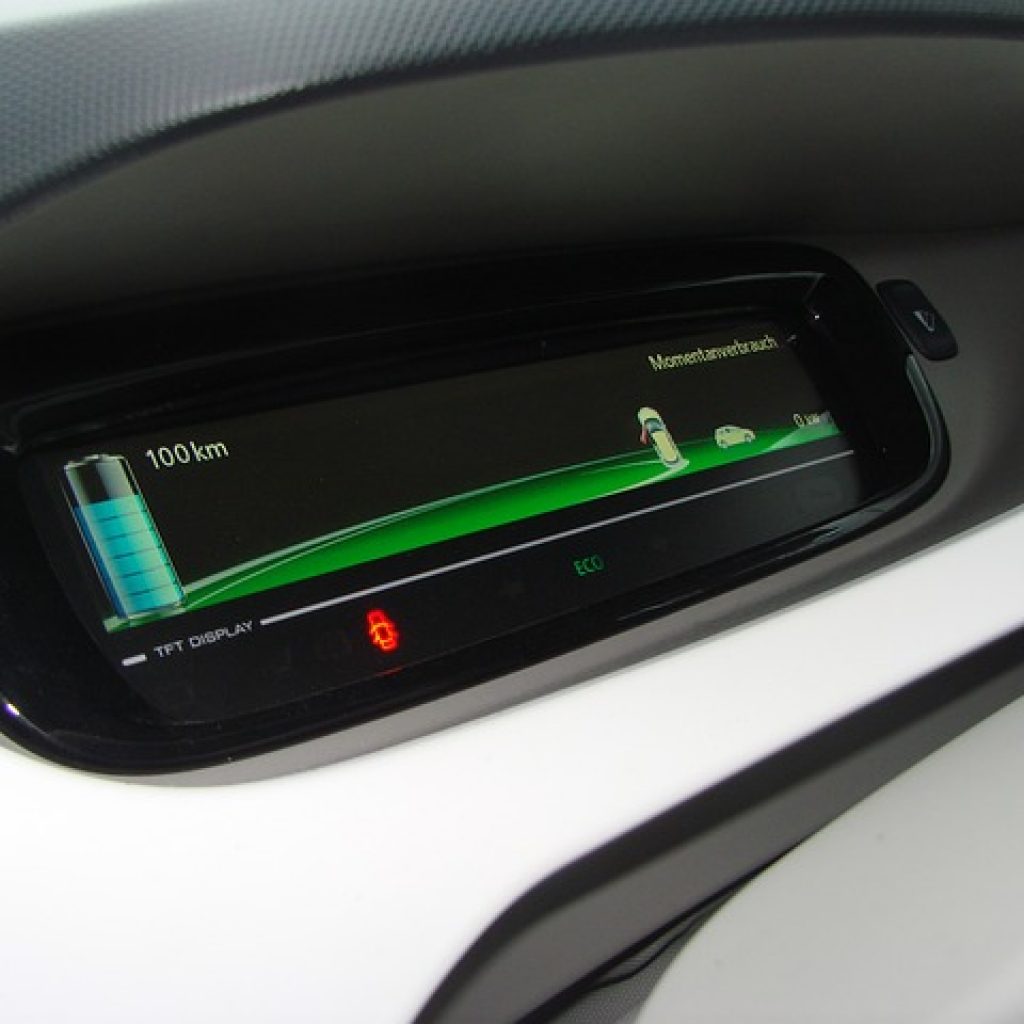
Battery swapping can propel India’s electric car revolution in the short-term as the country struggles to deal with vehicular pollution, said a blog on Asian Development Bank’s site today.
Tenders to procure 10,000 high-performance electric cars have already been announced, and the government is expected to invite bids for 50,000 electric three-wheelers from the original equipment manufacturers by the end of this year.
As per the blog, over 6 lakh electric rickshaws using lead-acid batteries are plying Indian roads. It takes 8-9 hours for each vehicle to get fully charged, and the batteries must be replaced twice a year.
“India’s push for electric vehicles is moving forward, but many challenges remain. One of them is the country’s lack of charging infrastructure,” said the blog.
The blog has been written by Sohail Hasnie, Principal Energy Specialist with Asian Development Bank (ADB) and Raja Gayam, CEO, Gayam Motor Works India.
“Beyond installing more charging stations, which will be a sure thing once electric cars become mainstream, maybe the short-term solution could be sharing the infrastructure (batteries) rather than building new infrastructure so users can charge their batteries individually,” said the blog.
Several cities in the country are facing serious vehicular pollution.
Having signed and ratified the 2015 Paris Climate Agreement, India is obligated to bring down its share of global greenhouse gas emissions by 2030.
Also Read
Breaking Nirmalya Kumar’s Blog Post About Cyrus Mistry’s Exit
Money-Lending App CASHe Raises Rs 20 Cr Debt Funding
The blog further said that existing charging stations are in open parking spaces, and the power is being sourced in an unorganised manner.
“Several vehicle manufacturers, power companies, and government bodies are looking into how to change this scheme to make it more efficient,” it said.
Electric vehicles, the blog said, “are still on average about 35 per cent more expensive” than non-electric cars — despite gradually declining battery prices and the promise of practically zero maintenance fees.
ADB technical assistance is supporting clean energy use across Central Asian Regional Economic Cooperation countries, and promotes electric vehicles.


